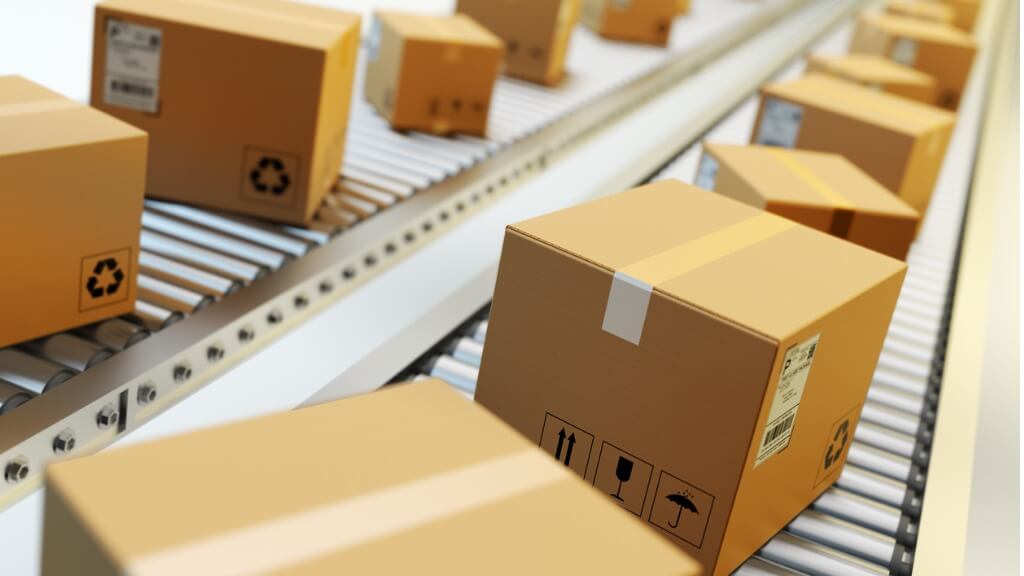How can retail cope with disruption from trade wars, automation, workforce demands and the climate crisis?
Building Trust In A Retail Workforce Threatened By Automation
How can retail cope with disruption from trade wars, automation, workforce demands and the climate crisis?

The retail sector has adopted technological change for many years, be that in the form of a scanner, cash register replacements or auto inventory replenishment. The next rounds of technology will likely emerge with significant advances in hardware, software, logarithms or artificial intelligence (AI).
It is likely now that the 5G rollout will assist in speed and even location accuracy enabling robotics to emerge quickly in retail and other sectors.
Workplaces are likely to be significantly different if AI or robots are widely adopted in retail, where new issues are likely to arise, where leaders and managers may have to significantly change their methods.
It is now more likely that the new age will evolve as an evolutionary change, rather than as a single change that displaces millions of workers almost instantly.
The technology ahead is likely replace human thought and decision making, where the capabilities may be far more sophisticated than in the past, yet hold increased accuracy and reliability.
AI is already visible in call centres, outsourced processing centres as well as in social media. It is quite possible that robots for the retail sector could soon pack shelves, serve customers, do driverless deliveries or be responsible for maintaining customer home stock levels.
We can already see how drones are advancing from similar technology, where there is already great potential for driverless cars, so the retail sector is likely to be involved.
Human work is likely to be eroded as technology replaces and transforms work with the introduction of AI or robot, it may be only the degree and timing of change that is unknown.
Robots are likely to replace human work whenever that work is currently mundane or easily replicable, or where human decision making and learning is limited. In the retail sector one can easily imagine how robots could unpack boxes or pack shelves in the near future especially if the tasks were performed at night without customers.
Over time, it is conceivable that retail robots could answer customer questions, or pick goods for customers, or even create new store layouts to improve sales.
All is not lost for retail staff as there will still be work that is impractical or impossible for robots to perform, or for work that requires expertise, creativity and innovation.
Competitive pressure may force management to adopt robots, especially if they are accepted or liked by customers, or if there are significant financial and other benefits.
Recent research indicates that management and leadership factors are important to change success, so retailers may need to consider how best to prepare for this new age.
Constant change from the waves of new robots and models may become confusing and stressful to retail staff, especially where leaders and managers have failed to adequately explain the new environment.
Leaders are important to change, as they can influence staff towards the new directions through their communication and built up trust. Should leaders fail to adequately prepare for change and inform their staff it is likely that staff will lose trust, or staff may believe that their leaders do not care sufficiently.
The number of iterations of change, new procedures and policies may even go so fast that staff are unable to see clear directions or make decisions. In new environments, with less humans and robots it is possible that staff may find workplaces difficult to work in.
The new operations may have considerably more data, more logic with less social interactions than work places of old. The whole nature of work may be less social and interactive for many retail staff, especially if the remaining staff are merely kept on to do the work that robots cannot do.
Leaders and managers in this new age should consider how they maintain trust in a new age where they are not in control as in the past.
New technology of the future may be adopted based on capabilities and market competition rather than emotion or empathy related to preserving human performed tasks.
Staff may feel under constant threat if they are not understanding of the reasons for change, especially if human performed work is constantly diminishing. Leaders and managers may need to constantly explain the new age and their associated reasoning for adopting further technological change.
New staff relations are likely to be required in this new age, where staff are encouraged to be decision makers with knowledge, views and options.
Managers and leaders may not yet be ready for the changed staff relations, so they may need training on communication, negotiation and inclusion if they are to build successful closer relations with staff. Failure to address and prepare for the new age may risk staff feeling disengaged and untrusting of their leadership.
Leading and Managing Change in the Age of Disruption and Artificial Intelligence by Dr Mathew Donald is out now, published by Emerald Publishing. For more information go to www.drmat.online
Thanks for signing up to Minutehack alerts.
Brilliant editorials heading your way soon.
Okay, Thanks!

